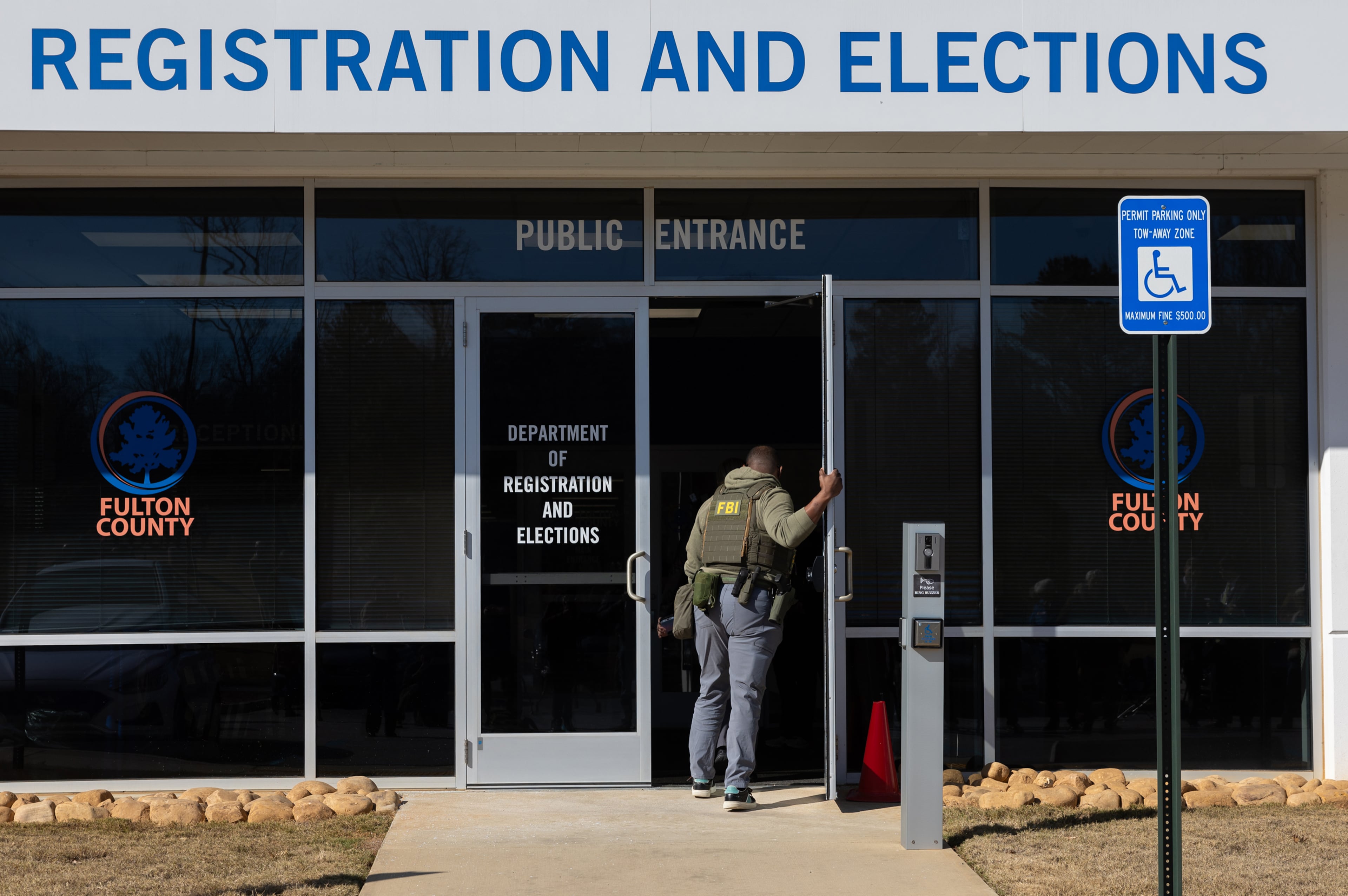Emory researchers explore the (nearly) indestructible nature of Peeps
Peeps don’t get the best rap, but the marshmallow treats are actually some of the most indestructible “technological wonders” of our time.
That's according to researchers at Atlanta's Emory University, where groundbreaking (joke) research on Peepus Marshmalleous (or Peeps) first began in 1999.
» RELATED: How much sugar is in your favorite Easter candy
In its first seasonal celebration of Peep science, documented for all at peepresearch.org, "researchers Gary Falcon and James Zimming investigated the effects of smoking and alcohol on Peeps health and performed the medical miracle of separating quintuplet Peep siblings, conjoined at birth."
The "never-before attempted" surgery, Falcon and Zimming concluded, was a "resounding success." All five Peep patients survived the six-phase procedure "as viable, if not somewhat squished, individuals."
Douglas Mulford, senior lecturer in Emory’s chemistry department, continues to put the Peeps to the test around Easter each year to show his classes just how virtually indestructible the treats are.
He performs experiments in which Peeps have survived being doused in 200 proof alcohol, 10-times concentrated stomach acid, a base stronger than Drano liquid gel and acetone, which Emory notes can dissolve super glue.
» RELATED: Peeps-inspired coffee creamer released
Peep resilience is no match for the powers of liquid nitrogen on its own, but, as Mulford reveals in a hilarious university video, liquid nitrogen plus a hammer may bring death to the ‘mallow birds.
Rockets and fireworks and microwaves are also a major threat. And you can't forget humans. In fact, Just Born Quality, the company behind the official Peeps, churns out 2 billion each year for consumers, according to Inc.com.
Interested in all things Peep science? Visit peepresearch.org.


